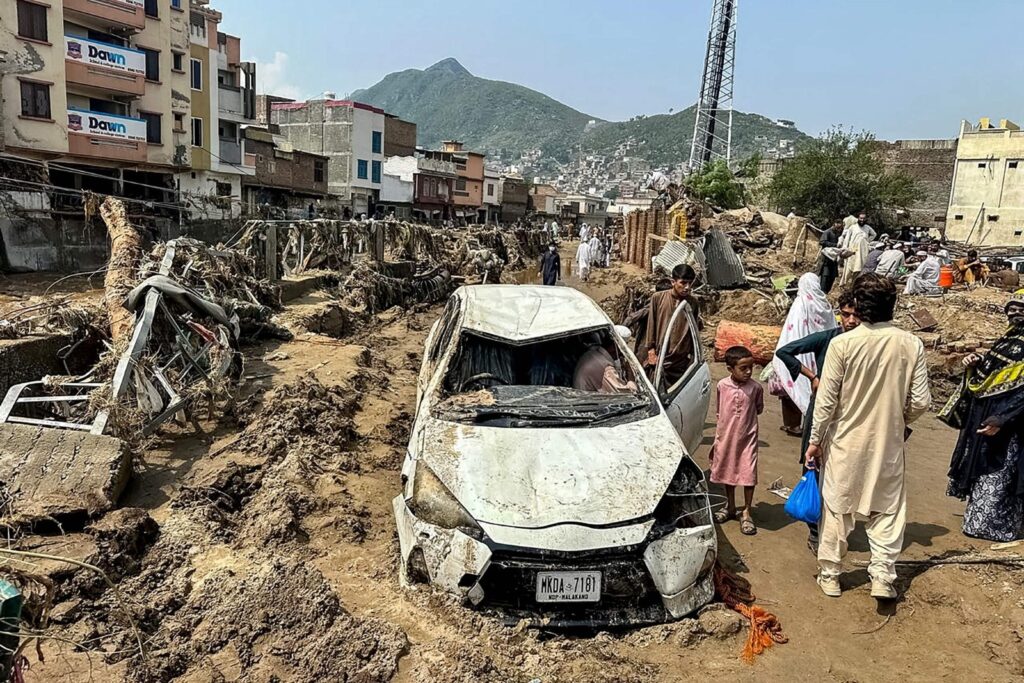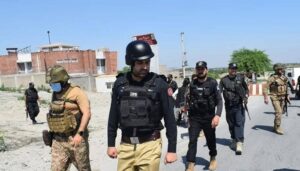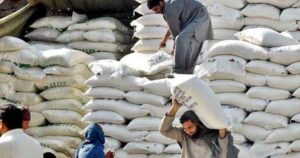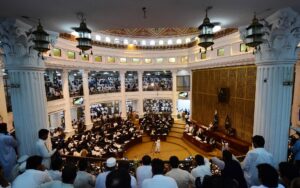PESHAWAR – In the wake of devastating cloudbursts and heavy rains that triggered floods in Khyber Pakhtunkhwa’s norther districts, the provincial government has announced to deploy mental health experts to assist victims suffering from psychological trauma.
Advisor to the Health Department, Ahtisham Ali, while addressing a press conference in Peshawar alongside Health Secretary Shahidullah and Director General Health Malakand, said that the government responded within hours of the disaster.
Also Read: Also Read: A Morning When Villages Vanished
Medicines, trained medical teams, ambulances, and mobile health clinics were rushed to affected districts, including Buner, where the officials personally supervised relief efforts and assessed ground realities.
Ali acknowledged that beyond immediate medical needs, psychological health and child care have emerged as major challenges. He revealed that many flood survivors, including children, are experiencing stress, depression, and anxiety due to displacement and loss.
Children, he said, are particularly vulnerable, with diarrhea and other waterborne diseases spreading rapidly. The government has requested the Pakistan Pediatric Association to dispatch pediatricians to affected districts.
Also Read: Beshonai Village: From Paradise To Graveyard Overnight
To strengthen emergency preparedness, a 150-bed hospital has already been established at the Provincial Warehouse, which can be activated instantly in case of further crises. An emergency control room at the Directorate of Health has been made operational, and a crisis communication strategy is in place to ensure swift responses.
Ali emphasized that treating trauma and ensuring children’s well-being are as urgent as physical aid. “Psychological health is not an afterthought — it is a frontline necessity,” he declared.
This move marks one of the first formal recognitions by the provincial government that disaster response must include mental health rehabilitation, alongside traditional medical and infrastructural support.












